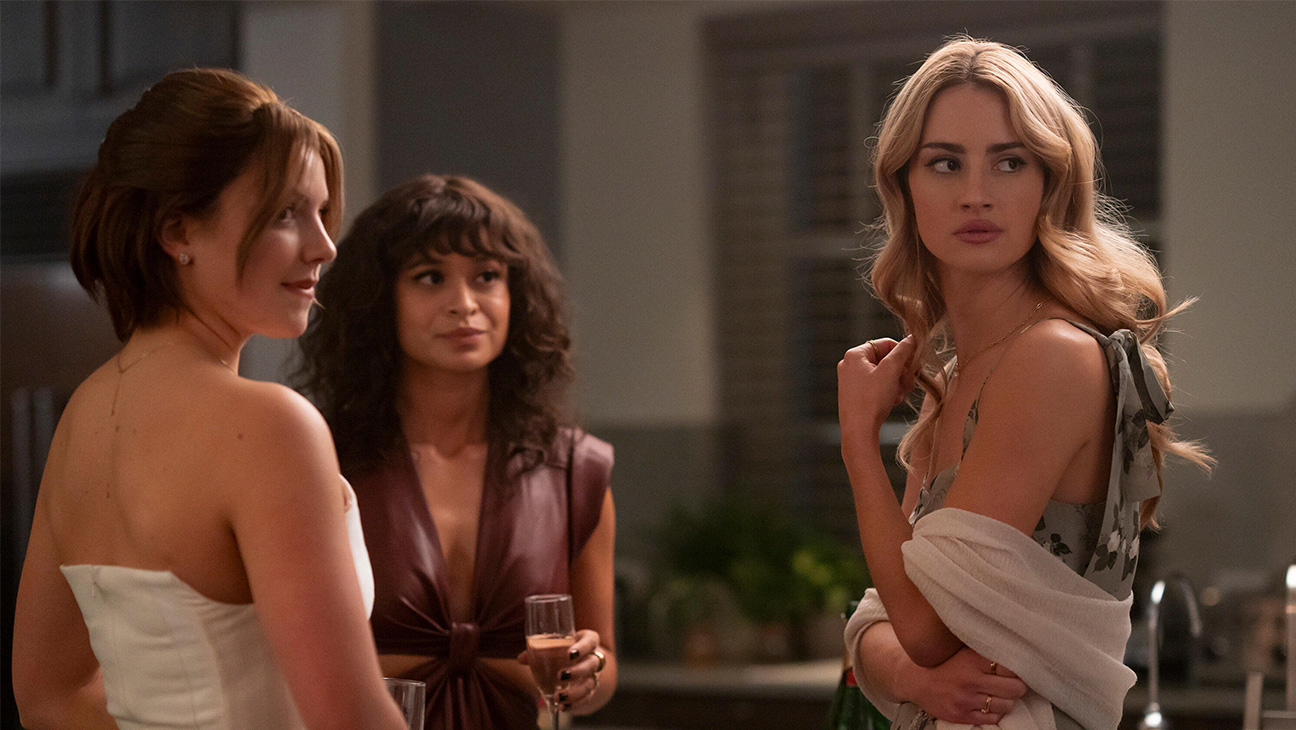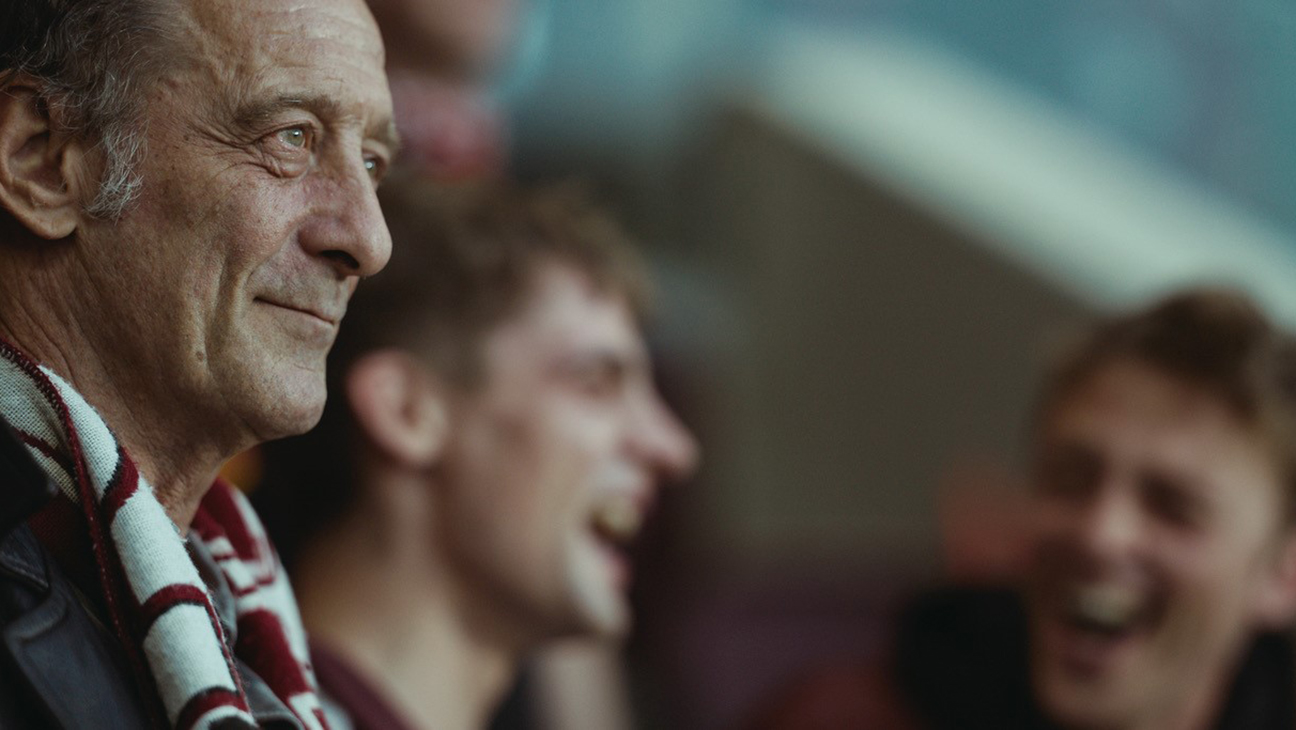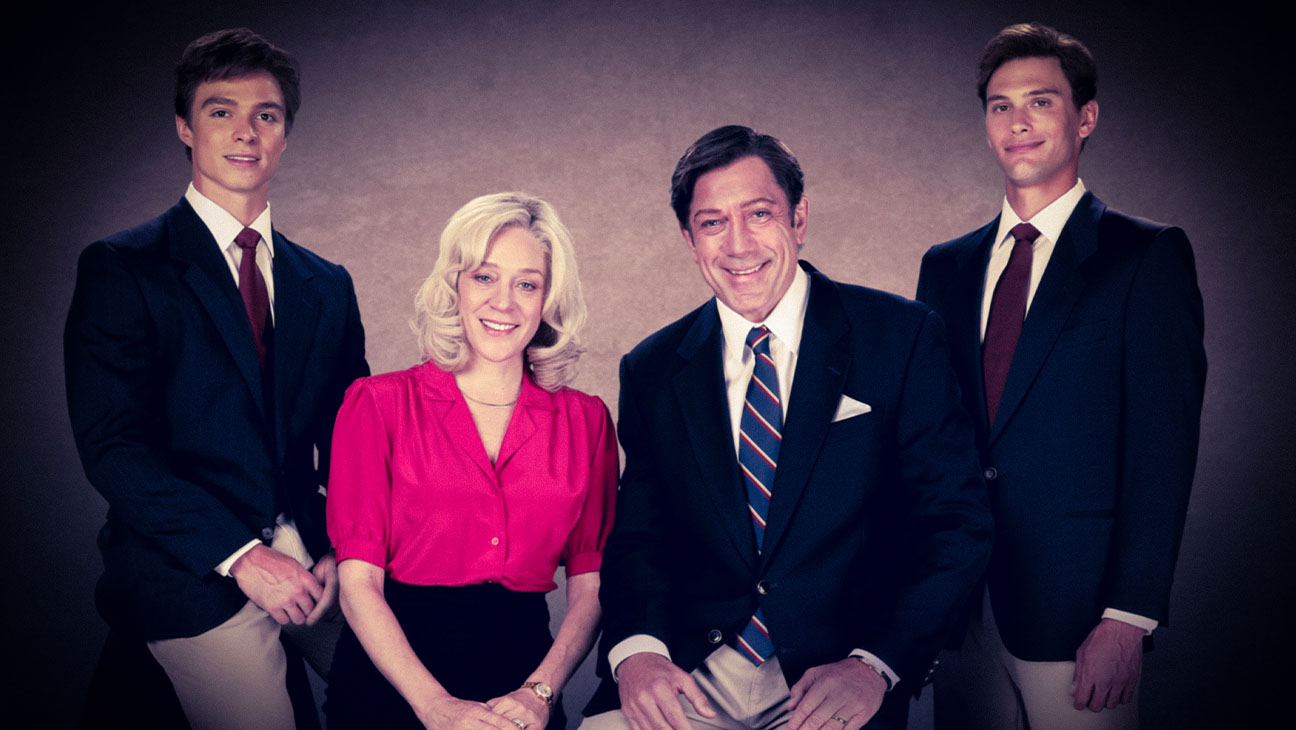Director Edward Berger, who made one of the best movies of 2022 with a vivid adaptation of All Quiet on the Western Front, shifts gears rewardingly to a movie set almost entirely inside the Vatican. Conclave, adapted from the popular novel by Robert Harris, demonstrates Berger’s versatility and also offers one of the best roles of his career to Ralph Fiennes, who is supported by an expert ensemble.
The recent Oscar-nominated movie The Two Popes also took us inside the Vatican to examine the true story of the ascension of Pope Francis (played by Jonathan Pryce). That was essentially a docudrama, whereas this film is pure fictional speculation about the behind-the-scenes machinations involved in choosing a new pope after the death of the previous pontiff. Fiennes plays the Dean of the College of Cardinals, who is charged with overseeing the election.
Conclave
The Bottom Line
A riveting peek behind the curtains of religious power.
Venue: Telluride Film Festival
Cast: Ralph Fiennes, Stanley Tucci, John Lithgow, Isabella Rossellini
Director: Edward Berger
Screenwriter: Peter Straughan
2 hours
Screenwriter Peter Straughan (Tinker Tailor Soldier Spy) keeps the story moving swiftly. A collection of intriguing characters supports Fiennes’ Cardinal Lawrence. He feels a close bond with an American cardinal, charmingly played by Stanley Tucci. Both men are suspicious of the Canadian cardinal played by John Lithgow, who is campaigning feverishly to be the next pope, but who seems motivated more by personal ambition than by any humanitarian or spiritual impulses.
A surprising contender is a cardinal from Nigeria, played by Lucian Msamati, and many in the Vatican see possibilities in the election of the first African pope. But there are other, more conservative cardinals like the Italian contender, played by Sergio Castellito, who would do almost anything to stop this upstart from dismantling the European hierarchy.
And then there is a mysterious newcomer from Kabul, played by Carlos Diehz. None of the cardinals even knew of the existence of this priest, who was apparently invited to Rome by the former pope before his death. And many of them are wary of a Catholic priest from a predominantly Muslim part of the world. Old prejudices die hard.
As the power plays grow more intense, a nun played by Isabella Rossellini turns out to have an important role in challenging the male hierarchy of the Catholic Church. The film raises timely issues of sexual and racist prejudices within organized religion, while also acknowledging the sexual scandals that have rocked the Church in recent years.
Fiennes gives a superb performance as a man beginning to have doubts about his faith as a result of all these scandals, and when he emerges as a top contender to be named pope, his crisis of conscience intensifies. We can see that he may be the most qualified candidate, partly as a result of these thoughtfully articulated doubts, but he may not have the stomach for the job.
Berger does a fine job controlling all of these performances, and he also creates a rich atmosphere for the production. The Sistine Chapel and other parts of the Vatican were reconstructed at Cinecitta Studios, brought to life by cinematographer Stephane Fontaine and production designer Suzie Davies. Although the elegant, cloistered world of the Vatican is invitingly captured, a more violent world intrudes when a terrorist bombing in Rome comes much too close for comfort. Editor Nick Emerson keeps the action hurtling forward. Composer Volker Bertelmann, who won an Oscar for his score for All Quiet on the Western Front, demonstrates his expertise as well as his versatility with his work here.
Even viewers who may guess the identity of the next pope will be surprised by the final twist, which is very much in keeping with the film’s ambition to bring the certainties of the past into an unpredictable, dizzying, but essential new future.



